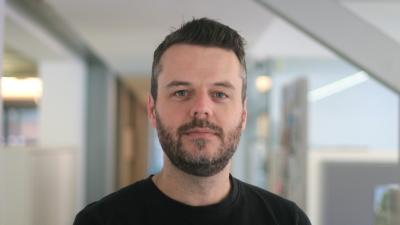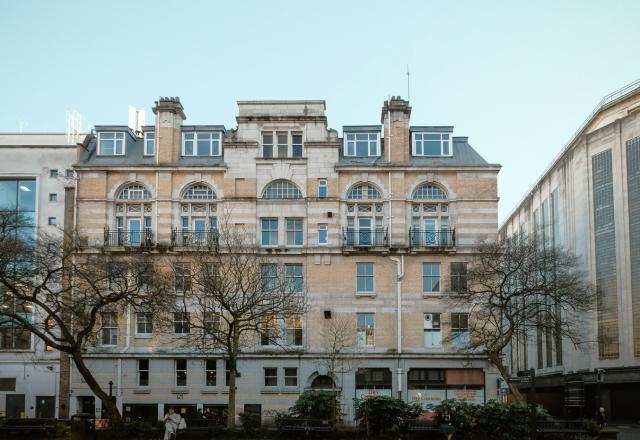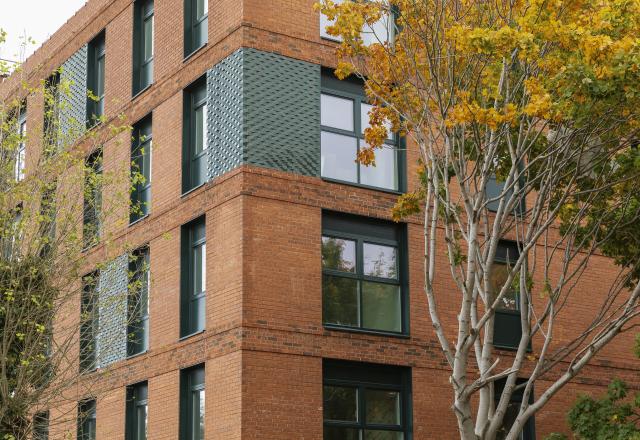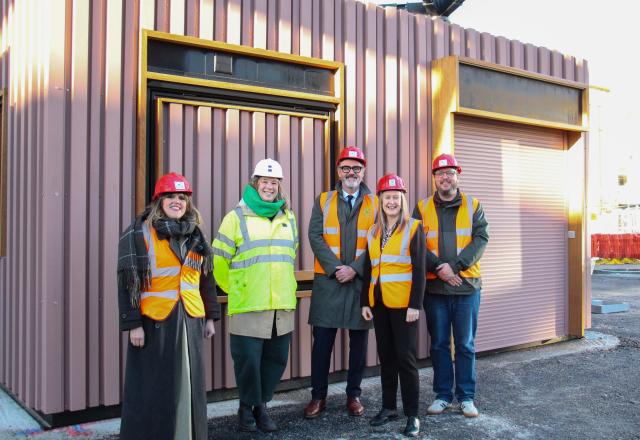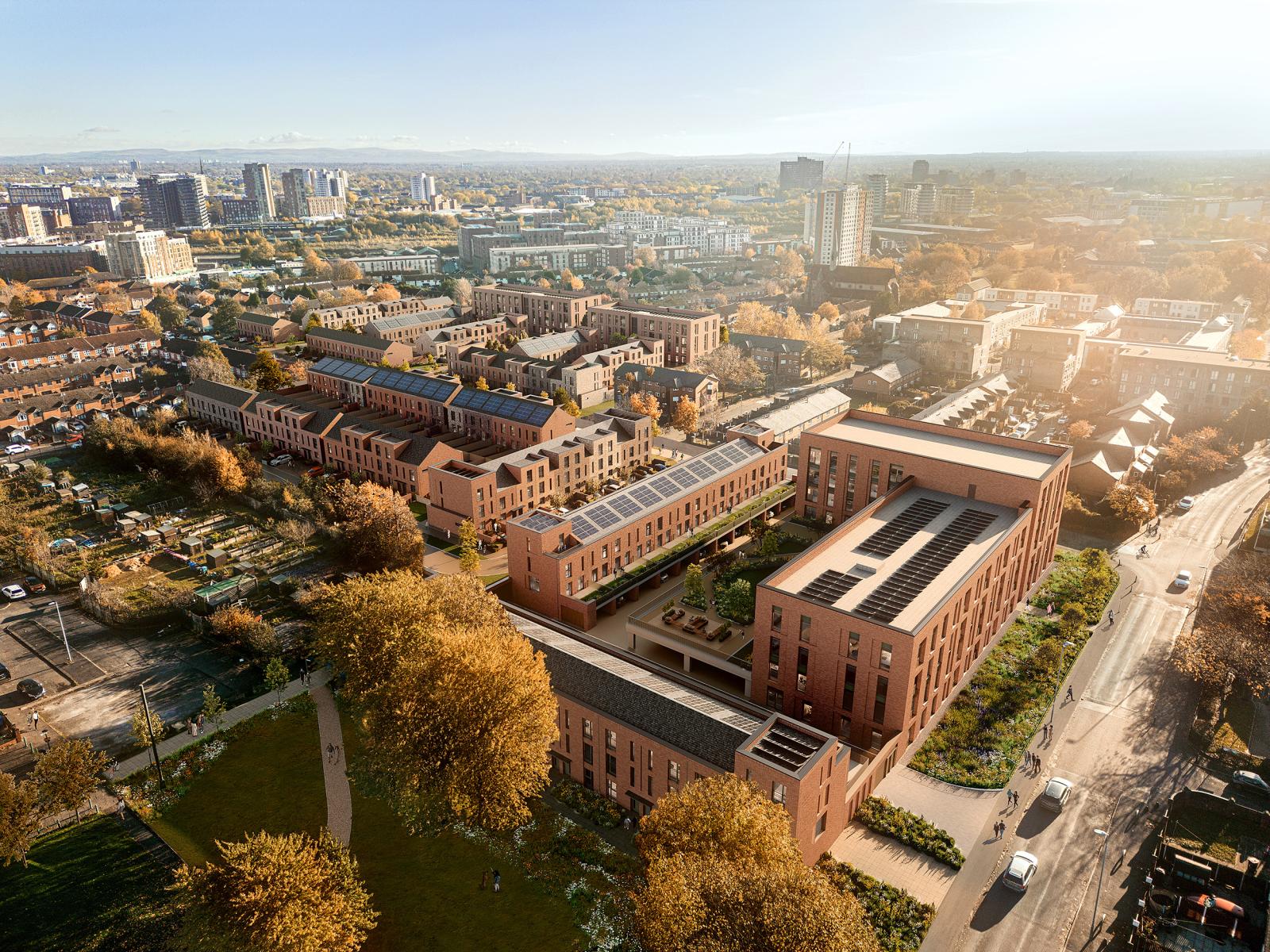
Ordsall Housing is a new community-focused residential scheme for Salford City Council and its local housing company Dérive. The development encompasses two brownfield sites in Salford, north and south of Robert Hall Street.
Buttress Architects, alongside Identity Consult, have been appointed to help meet accessible and sustainable housing needs in response to the scarcity of affordable and high-quality housing in Salford.
In total, 274 new mixed tenure residences will be created, consisting of 137 two to four-bedroom houses and 137 one to two-bedroom apartments. Delivered at a minimum of a 40% affordable housing rate, the scheme has also been designed to the ‘Salford Standard’, which is inspired by Passivhaus principles, meeting the Future Homes standard and featuring a fabric-first approach supported by renewable technology.
The design was born from the community’s desire for an allied and contextually-sensitive neighbourhood to reconnect Salford. The project aims to provide a sense of place, familiarity and safety for the residents and surrounding community.
Alongside the residential buildings, the park next to Tatton Street will be improved, and an additional new public green space will be created to weave into the streetscape and improve connectivity. Secure cycle storage will also be implemented.
The design proposal followed a consultation and the consideration of comments from the public which took place in September 2023 at St Clement's Church. Additionally, engagement with the management company proved to be valuable in providing ‘front-line’ feedback to improve the resident experience.
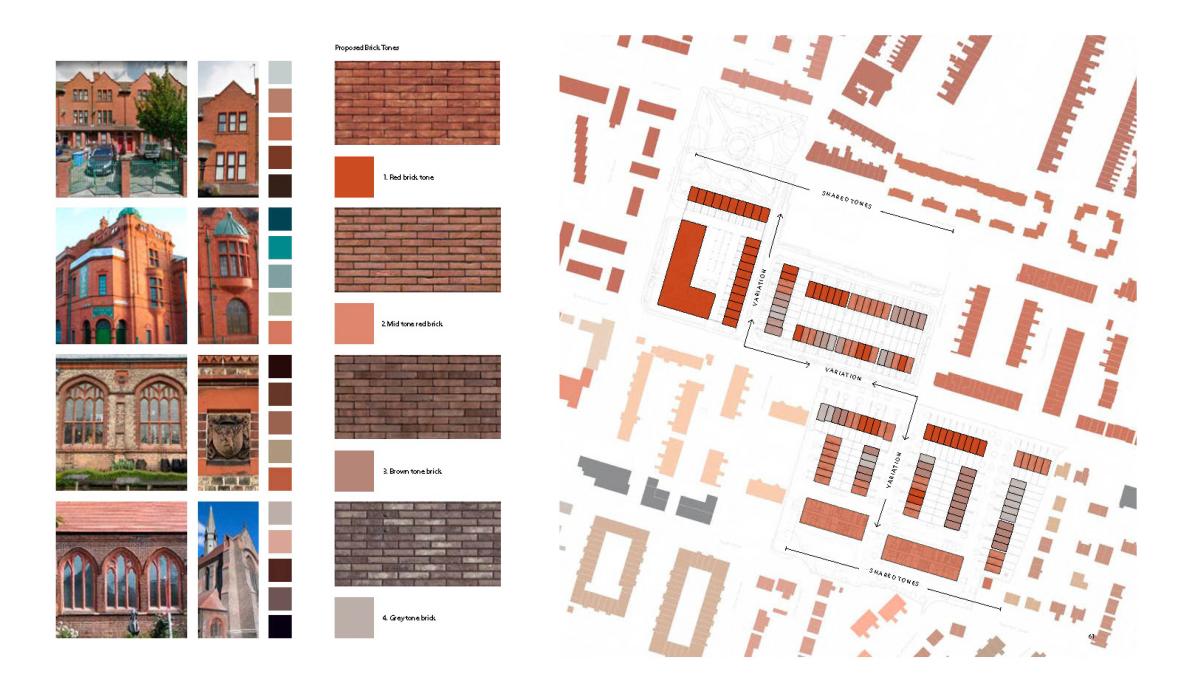
Context
The site lies within the proximity of a number of notable cultural landmarks and listed buildings such as Salford Lads Club, St Ignatious, St Clement’s and Ordsall Hall.
The opportunity has been taken to knit the proposal into its surroundings with varying brick tones that complement and delicately transition from the surroundings of St Clement’s Walk and neighbouring Victorian terraces.
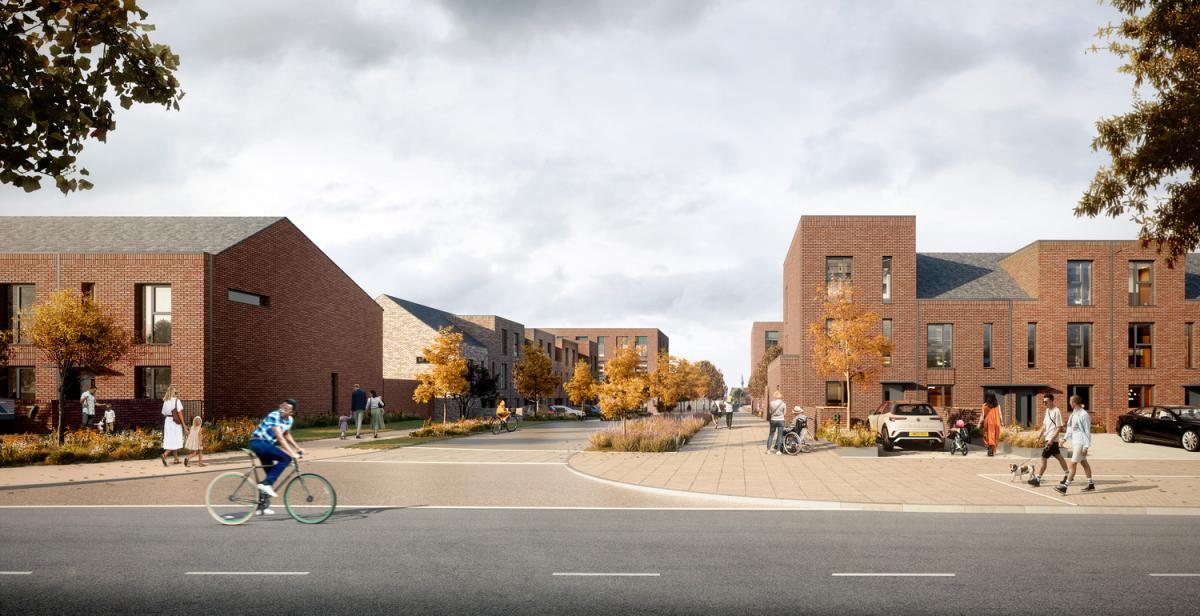
Townhouses
Salford City Council utilised our expertise in non-standard house types to create an innovative housing solution. The incorporation of podium townhouses that overlook the green space have allowed for an elevated, efficient use of space, with an active frontage and a hidden secure car park, whilst maintaining access to amenities.
A residential scale also reinforces an integrated and sensitive transition that builds up from the taller apartment blocks and pre-existing buildings. The townhouses present pitched roofs, parapets and recessed brickwork detailing to keep with a non-institutional and contemporary appearance. It is envisioned that the townhouses will accommodate intergenerational living and attract a wide range of potential residents through its mixed tenure appeal.
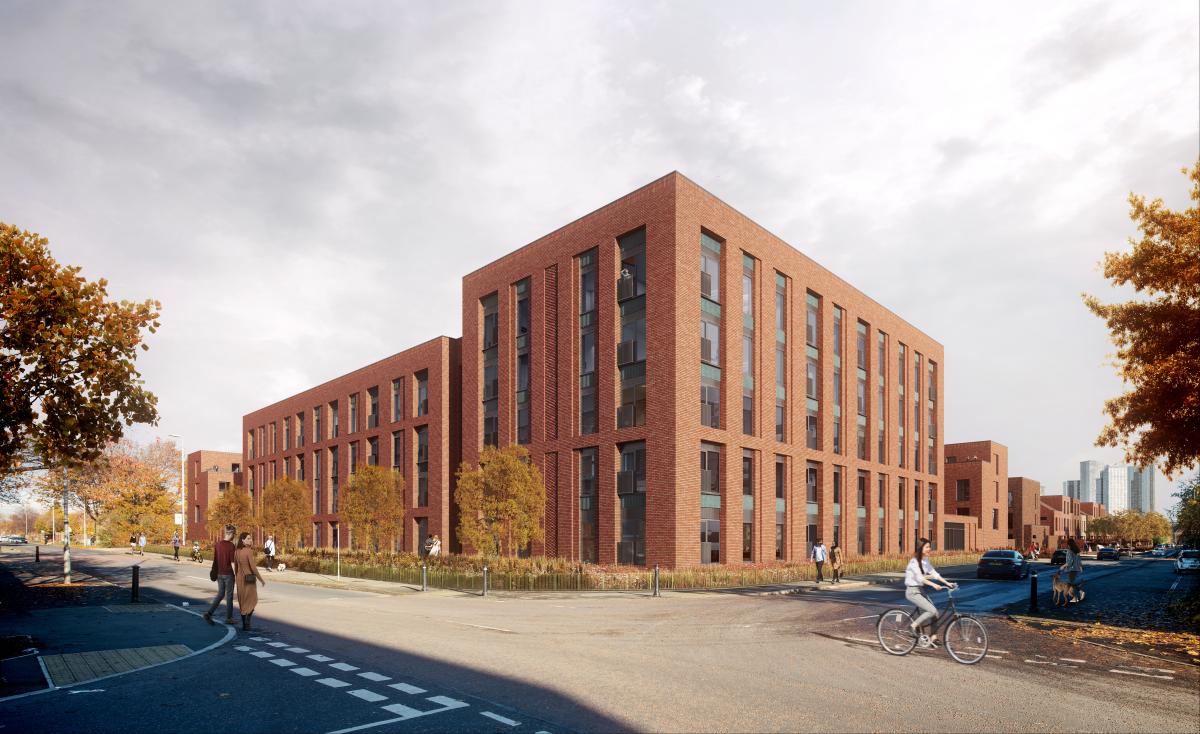
Apartments
The apartments have been designed to be ‘landmark’ buildings, sitting prominently within the site, whilst also introducing gateways at both the north and south entrances. Visual satisfaction and wayfinding are provided for the community through the legibility of the blocks, acting as a structural signposts. The apartments' impactful corner position also signals a change in the public neighbourhood from the pre-existing buildings to the new Orsdall scheme.
All of the apartments are accessibility-adaptable, promoting accommodation for a range of generations and mixed communities, as well as five fully wheelchair-accessible units.
Meeting the Salford Standard
The Council is committed to achieving a high level of sustainability with a focus on a low energy, low carbon, fabric-first approach. In line with carbon emission targets, the homes will meet the rigorous 'Salford Standard,' harmonious with the Future Homes standard incorporating renewable technology to reduce environmental impact. Local suppliers and tradesmen have been employed to limit transport emissions and support the regional economy as part of delivering this scheme. Full wheelchair accessibility has also been achieved for the whole site through level thresholds, tactile paving, wide doorways, and inclusive design.
Ben Tabiner
Ben is a director at Buttress who is experienced in the design and delivery of projects across a range of sectors, including residential, commercial and education.
Tammy Welz
Tammy brings a passion for well-executed, beautiful and practical design to each project she is involved in, from hotel developments to city centre apartment schemes.
Prior to joining Buttress, Tammy spent three years in South Africa, where she worked for a practice that specialised in luxury family homes – an experience to which she credits her interest in the cultural and environmental influences on design outcomes.
From our journal
New social rent and move on homes for Salford City Council
Thirteen new homes for social rent and eight move on homes are ready to be let out in Salford, designed by Buttress Architects.
Plans approved for new Buttress-designed Zedwell hotel in Manchester city centre
Providing a versatile and design-led hotel for Manchester
First Passivhaus apartment completed at Willohaus as affordable homes take shape in Salford
Major milestones reached at Willohaus - 100 affordable, Passivhaus homes on Peru Street in Salford - with the completion of the brick exterior and the first apartment.
Ashton Market Square regeneration takes shape as new kiosks arrive on site
The arrival of the new kiosks marks a major step forward in the town's regeneration.
